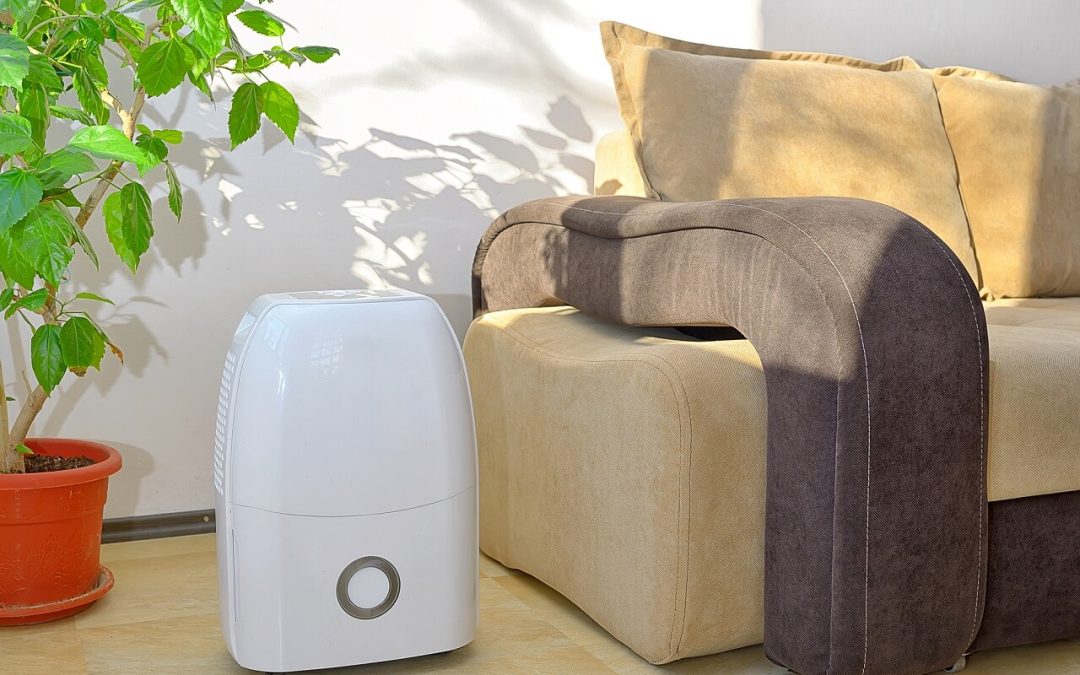Modern homes are well-sealed to retain energy and keep heating bills down. While this is a great feature for the winter months, it also means contaminants and toxins can accumulate indoors, leading to poor air quality. Pollutants can affect your health and the well-being of your family. Luckily, there are things you can do to improve indoor air quality.
How to Improve Indoor Air Quality
1. Ventilate the Home
Allow fresh outdoor air into your home regularly. Open the windows for a few minutes every day, even on chilly days. You’ll boost circulation and reduce indoor pollutants, enhancing indoor air quality.
2. Change the HVAC Filters
Dirty filters in the furnace or HVAC system circulate dust and other allergens throughout your home. Change the filters every 30 to 90 days or as the manufacturer recommends. Clean filters trap common contaminants to ensure better energy efficiency, prolong the system’s life expectancy, and improve indoor air quality.
3. Improve Air Quality: Eliminate Indoor Allergens
Dust mites, pet dander, and mold are common indoor allergens that impact the air quality in your home. Clean the carpets, bedding, and upholstery regularly using a vacuum with a HEPA filter, reduce clutter so you’ll have fewer places to dust, and control indoor humidity to prevent mold growth. Purchase and use an air purifier to filter allergens from the air.
4. Test Smoke and Carbon Monoxide Detectors
Install working detectors to boost safety and prevent accidents like smoke inhalation or carbon monoxide poisoning. Test the detectors and change the batteries at least twice yearly to ensure proper operation.
5. Opt for Natural Air Fresheners
Candles, air fresheners, and other artificial fragrances emit volatile organic compounds (VOCs), which can cause respiratory distress, headaches, and other symptoms. Instead of synthetic chemical scents, purchase natural air fresheners and incorporate indoor plants that absorb pollutants, or open your windows and enjoy fresh air from outside.
6. Improve Indoor Air Quality with Regular Housecleaning
Dust, pet dander, mold spores, and other allergens settle on surfaces and flooring in your home. Create a cleaning schedule and stick to it. Wipe countertops and dust your living spaces. Sweep, mop, and vacuum at least weekly. Every three to four months, deep clean the carpets. The fibers of carpets and rugs trap dust, dirt, and allergens, so frequent cleaning is essential.
These small, simple changes make a big difference in your home’s indoor air. Improved air quality improves health, reduces allergies, boosts energy, and enhances comfort. Using the above advice, you’ll provide clean living spaces and foster an environment that supports health and well-being.
Crossroads Home Inspections offers professional home inspections to customers in St. Louis and the surrounding area. Contact us to schedule an appointment for our services.

